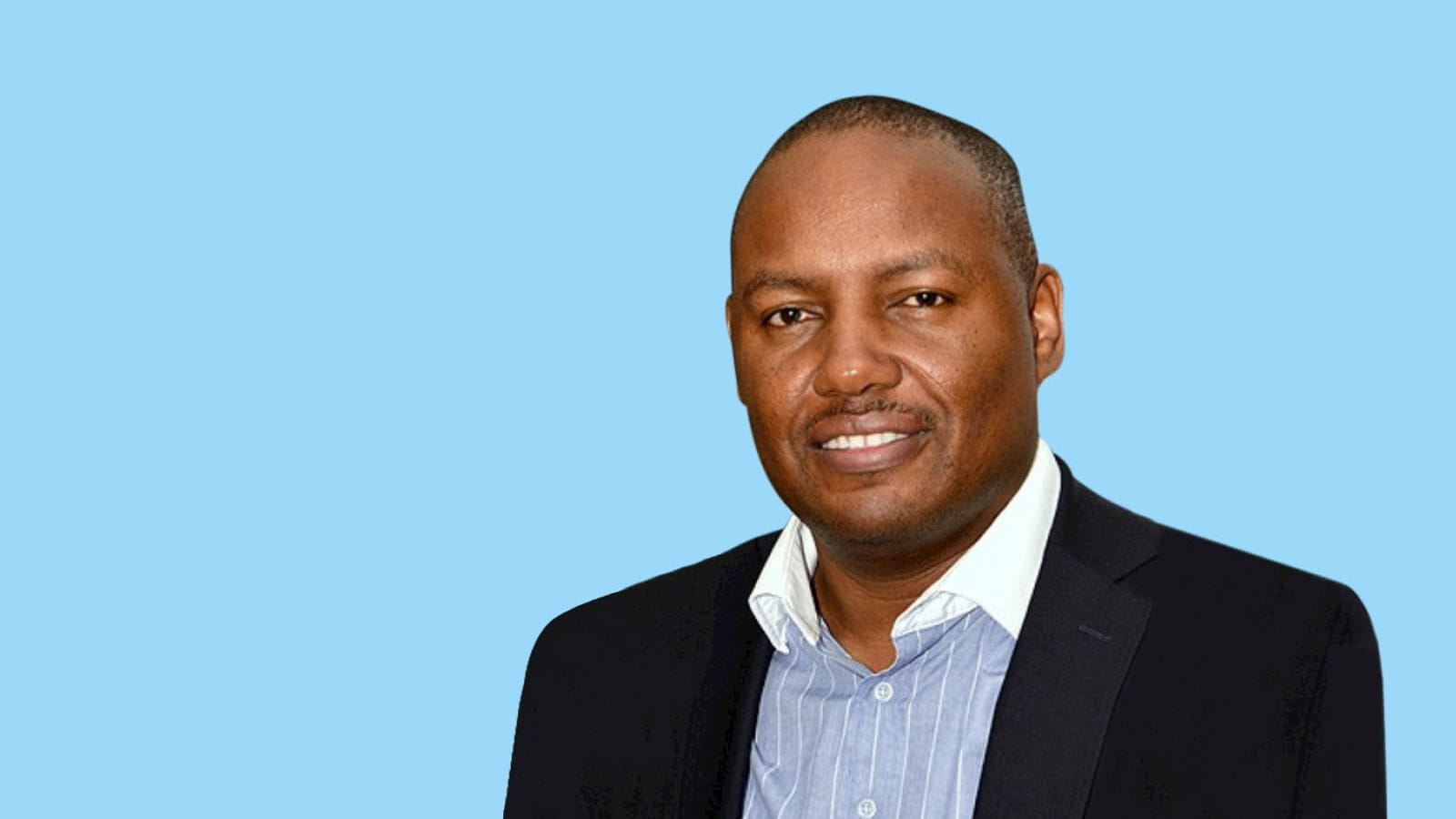In parts of Africa, the accountancy profession is already taking the lead on improving transparency and the trustworthiness of information.
Accountants are playing an important role in making governments in Africa more transparent and accountable, says Patrick Kabuya. The chartered accountant, who works as a senior governance specialist for the World Bank, partners with African administrations to strengthen the accountancy profession, corporate governance and the management of public finances in those countries.
This has given him a good vantage point to see how the profession is developing, and he thinks it will have a growing role to play in helping all of us to trust reliable information and understand what’s not so trustworthy.
But he sees this as a two-way street. “The accountancy profession,” Kabuya says, “needs to engage civil society” to help them in turn understand how and why they must “demand governance, demand transparency and demand accountability.” But, he says, “there's more to be done by the profession partnering with the civil society at large to improve that voice and participation.”
Lessons from Kenya
Kabuya says that there are tangible examples in Kenya. “The accountancy profession in Kenya has taken a proactive role, over the years, by influencing the legislative-making process, and working closely with the media,” he says.
“This has resulted in the inclusion of, in some parliamentary acts, requirements that the person or persons occupying positions relating to financial management function have an accountancy qualification.”
For example, he says, in the Kenya Public Audit Act 2015, there is a specific stipulation that the Auditor General should be an accountant by profession. This ensures that the person holding the position has required professional expertise and experience.
“In other acts, it is specified that the Chair of the Audit Committee should be a member of the accountancy profession. … In the Public Finance Management Act, the Accountant General should be a member of the accountancy profession.”
In this way, he says, the profession has been able to contribute to ensuring that people responsible for making finance-related decisions and issuing government financial information have the requisite expertise and experience.
“I've also seen the Institute of Certified Public Accountants of Kenya work very closely with the media to inform citizens”, he says. “By the two working together, the right questions get asked.”
The benefits of boot camps
Kabuya encourages the professional accountancy organisations he works with to host “boot camps” for the media, civil society organisations and citizens. A media boot camp “empowers the media professionals to understand internal controls, financial reports, and audit reports”.
Such knowledge informs the media on the type of questions that they should ask, which in turn improves the integrity and accuracy of the information that they publish. It is this kind of understanding that allows journalists to hold organisations to account.
Empowering citizens and civil society organisations also help them to understand how they should contribute to a project, and the questions they should ask and when.
Simply put, such initiatives improve citizen engagement. Kabuya says, for example, “if the government is designing and implementing a development project, the citizens should be engaged throughout the project cycle.
“Empowered citizens are able to provide valuable input at the design phase to ensure the project meets the citizens needs, and provide feedback during the implementation to ensure the project meets its desired development objective and the allocated funds are used for the intended purpose.”
Finally, he says, citizens’ boot camps also help citizens to understand how to “ask the right questions of those who represent them in the national parliament.”
In the future, he says he will encourage and challenge the profession to focus increasingly on its contribution to nation building initiatives. This, together with empowering citizens, civil society organisations and media, will help the government to achieve its development objectives and build trust with citizens.
When Chartered Accountants Save the World
Our major content series explores how chartered accountants are helping to tackle some of the most urgent social challenges within the UN Sustainable Development Goals, and considers how the profession could do even more in the future.

- How to make capitalism work for today’s world
- What it’s like being a climate activist in Uganda
- Adair Turner: The mistakes we’ve made on climate, and where to focus now
- Michael Izza on members’ core role in tackling the climate crisis
- Climate risk is an “inescapable” part of chartered accountants’ remit

